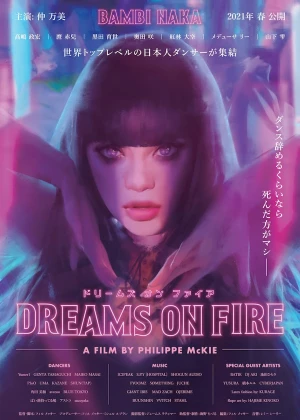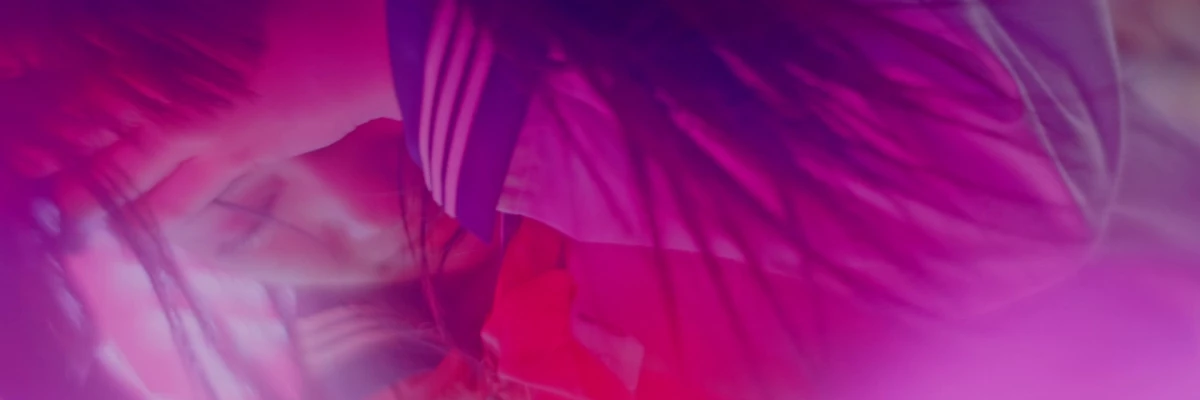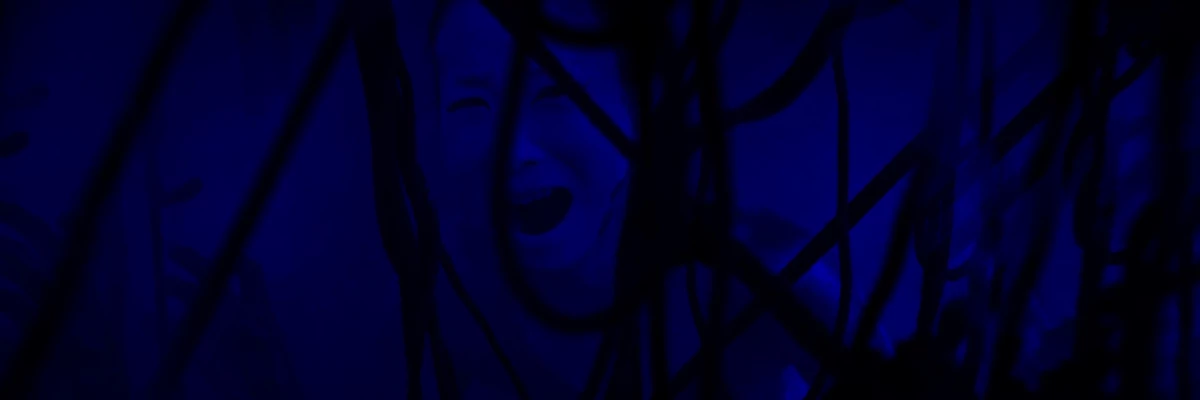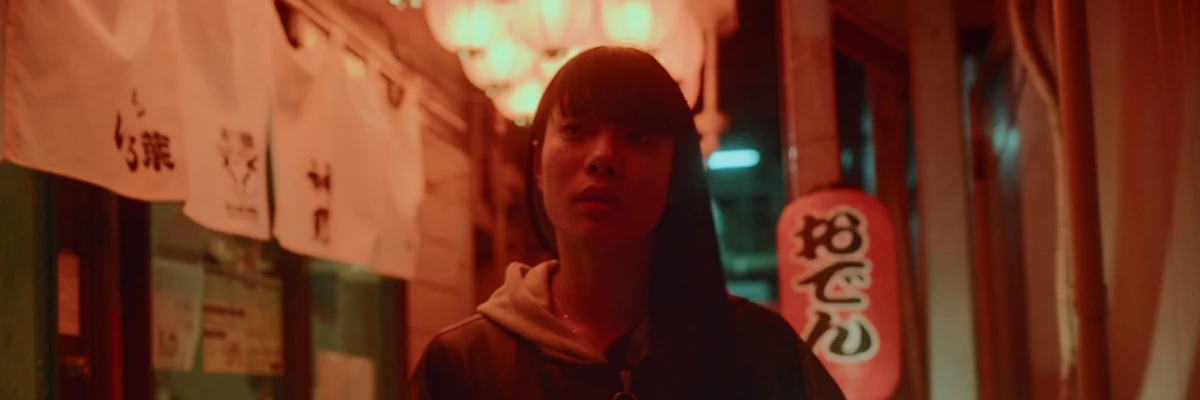Dreams on Fire

The more films you watch, the harder it becomes to find a film that can truly and fully transport you into its world. Even the ones that are great often get a little tiresome after a while. Philippe McKie's Dreams on Fire was one of those rare films I didn't want to end, a film that could've tacked on another hour without me getting bored of it. It's a shame then this film was released back in 2021 and seems to have passed me by without getting noticed. Film distribution and marketing need to do better if they truly care about highlighting talent, quality, and artistry.

Just last week I complained that few foreign directors seem able to come up with something worthwhile when working in Japan, which led to this interesting recommendation. McKie has been living in Japan for a while, and even though his film delves into some of the country's more outspoken subcultures, it comes from a place of love and respect. It never felt like I was watching 'wacky Japan' through the eyes of a foreigner. In that sense, McKie reminded me a bit of Michael Arias, that other guy capable of directing great films in the Land of the Rising Sun.
No matter how you look at it, Dreams on Fire is an aspirational dance flick. If you go purely by themes and topics, it belongs on the same shelf as Step Up or Honey. McKie does more than enough to differentiate his work from the more generic Hollywood success stories, but if you have a deeply rooted hate for these types of films, beware that many of the core cliches are present here too. The biggest difference is that McKie seems to get the culture right, not content to merely serve a cinematic interpretation that underlines a lack of understanding on the director's part. And that's where this film truly comes to life.
After a fallout with her parents, who don't support Yume's dream to become a professional dancer, she packs her bags and moves to Tokyo. Once there, she quickly realizes she's not the only one with a dream of becoming a professional dancer. After losing a dance battle, she understands she needs to start at the bottom and battle her way up. To support herself she starts work in a hostess bar. It's not the nicest environment to work in, but she can afford a small room and professional dance lessons from her wages. And she makes some interesting connections among the clientele.

McKie loves the excess of Tokyo and does a great job incorporating it into his visuals. The Tokyo nightlife is exuberant and colorful and that translates quite easily to the cinematography, which drowns in bold colors and flashy lighting. The editing and the camera work also deserve a mention. It is crucial for a film about dance as it helps to highlight the routines. Dreams on Fire is unapologetically maximalist, and even though it doesn't quite match the cinema of Mika Ninagawa or Tetsuya Nakashima it's a big step up from what you normally get in this type of film.
Usually, this is the point where I say the music doesn't quite match the intensity of the visuals, but for once that isn't necessary. I read McKie also DJs occasionally, which doesn't surprise me at all. There's a connection between the visuals and the music that you don't often see in other films, on top of that, the music chosen sounds like actual music belonging to the various niches they represent. It's just nice to hear some drum 'n bass when a scene calls for it. Combined it makes for a splendid audiovisual experience that flawlessly and swiftly transported me into the film's setting.
Having professional dancers on your team for a film like this is a real boon, as you can rely on their skills instead of the editor's to make the dance scenes look good. Often there's a trade-off (as most athletes/artists aren't professional actors), but Bambi Naka (stage name no doubt) does a tremendous job here. She is perfect for her part and nails both dramatic scenes as well as the dance routines (as far as I could tell). The rest of the cast is solid too, with nice cameos of Akaji Maro and Masahiro Takashima, but in the end, this is Naka's time to shine, and she aces her part.

Though Mickie doesn't deviate too much from the typical plot structure, he made a solid effort to make the story beats less cheesy and expected. What spoke to me the most though was the way he uses the plot as a hook to guide us through various nightlife cultures. Some of them are quite niche and different, but McKie never uses that as an excuse to add unnecessary thriller-like elements, while at the same time not turning a blind eye to the abuse and exploitation that is invariably linked to them. It's a tight balance to uphold, but it's executed to perfection.
My expectations for Dreams on Fire were quite minimal going in, but it quickly establishes itself as a film that transcends its genre limitations. Thanks to the lush cinematography, the superb score, and several beautiful dance choreographies this is way more than the umpteenth inspirational sports flick. McKie is a talented man who truly feels at home in Japan, and whose style is visibly influenced by Japanese media (those aerial shots of Tokyo just ooze late 80s/early 90s anime). He's a young, talented voice with a strong and bold vision, and his first feature film deserves a bigger audience.